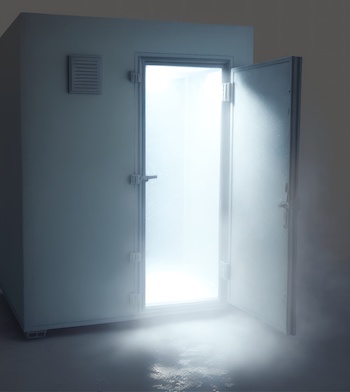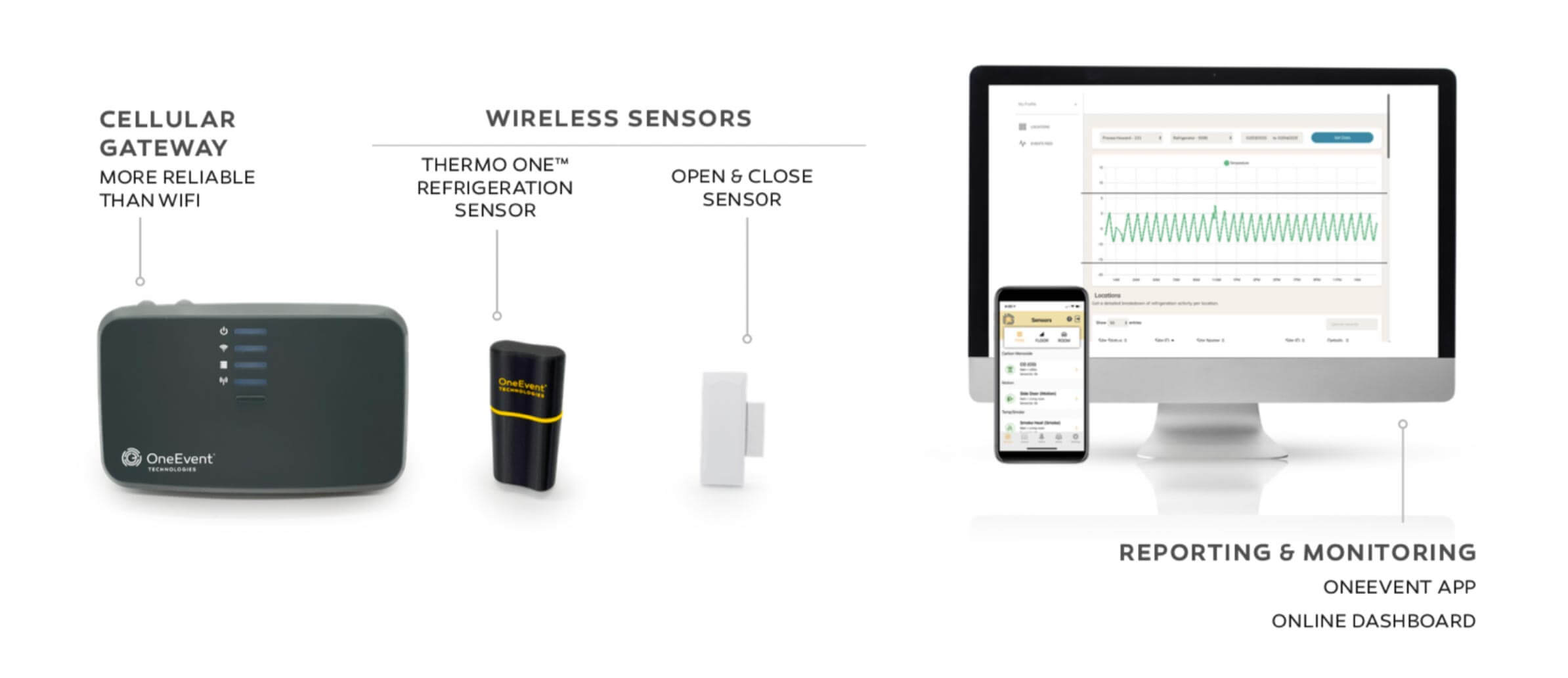When a refrigerator or freezer door is left open, it can lead to energy wastage as the appliance works harder to maintain the desired temperature. The exact amount of energy wasted depends on various factors, including
the specific model of the refrigerator or freezer, the ambient temperature, the duration the door remains open, and the frequency of door openings.

As a general estimate, keeping the refrigerator or freezer door open for a few minutes typically leads to a minimal increase in energy consumption. Modern refrigerators are designed with insulation and mechanisms to minimize temperature loss when the door is opened briefly.
However, if the door is left open for an extended period, such as 30 minutes or more, the energy waste can become more significant. In such cases, the compressor of the appliance has to work harder and longer to cool the warm air that enters the unit, resulting in increased energy consumption.
To minimize energy waste, it is recommended to keep the refrigerator or freezer door closed as much as possible. Additionally, regularly checking the door seals for proper functioning and ensuring they are clean and free from debris can help maintain the efficiency of the appliance.

